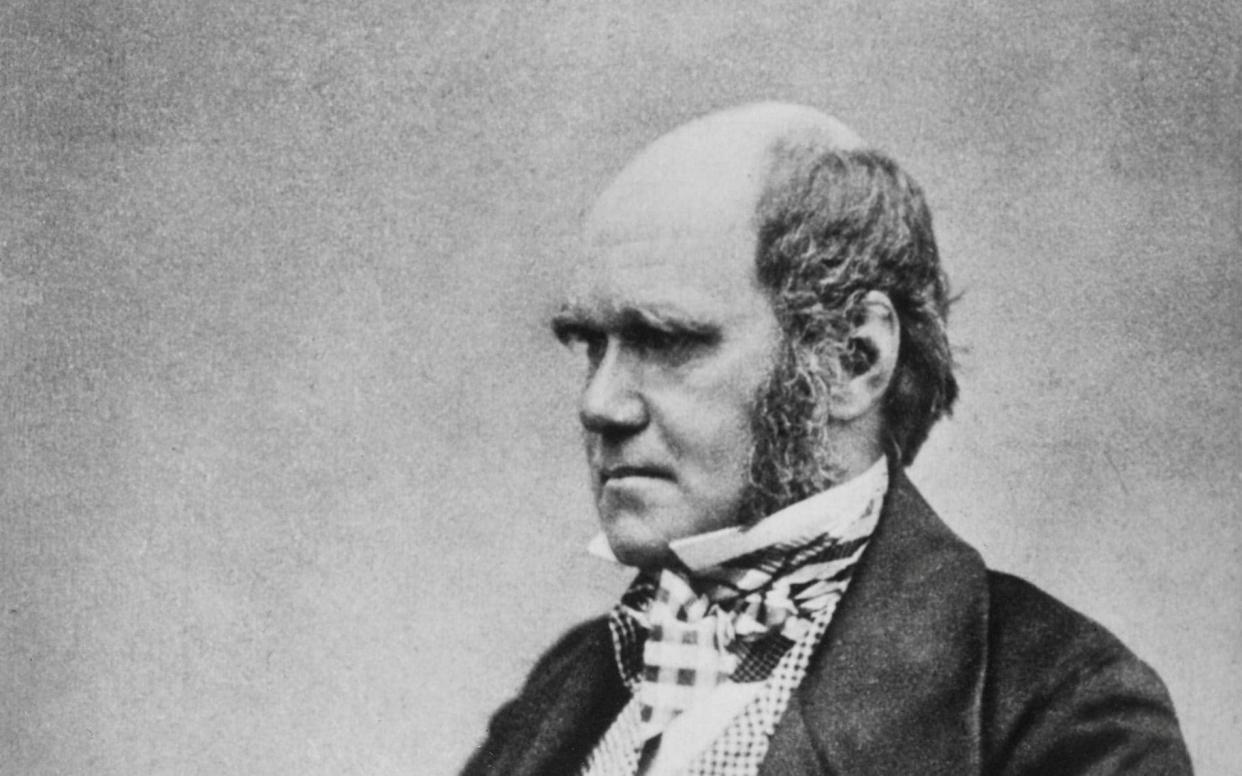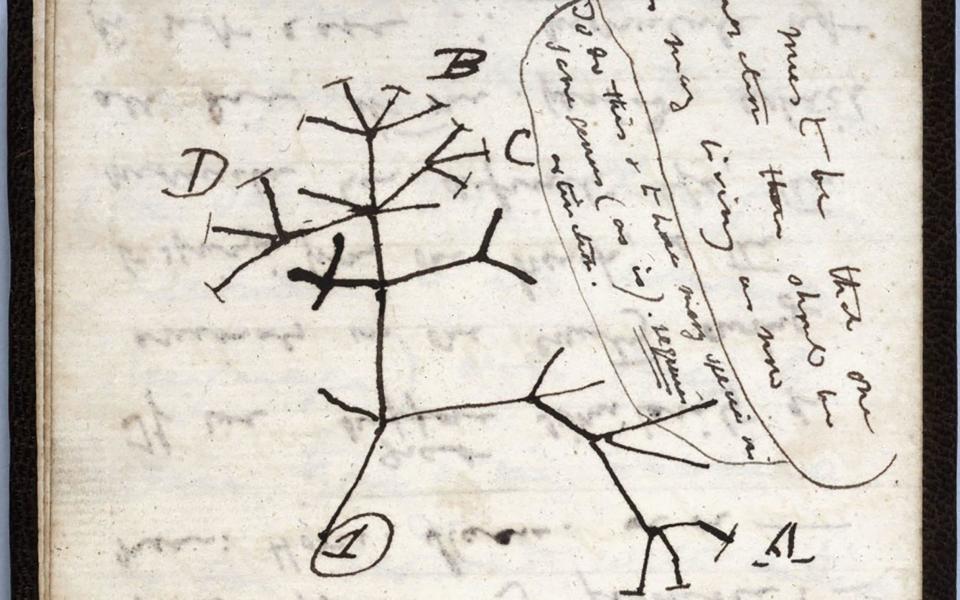Charles Darwin notebooks 'stolen' from Cambridge library

Charles Darwin notebooks worth millions of pounds are believed to have been stolen from the Cambridge University Library.
The two volumes penned by the 19th century naturalist, one containing a sketch of the Tree of Life, have been missing for 20 years.
After a recent search, librarians seeking the notebooks concluded that the valuable books had “probably been stolen”.
University librarian Dr Jessica Gardner said she would leave “no stone unturned” in tracking down the notebooks after their “heartbreaking” disappearance, and has launched a public appeal for help.
The handwritten documents first outlining early notions of evolution were last seen in at the University in 2000, when an external request was made to photograph Darwin’s work.

They were taken to a temporary studio for routine work, but two months later it was found that they were missing.
They have remained missing for 20 years, presumed to be misplaced in the library’s 200km of shelves, but now the volumes are thought to have been stolen and Cambridge Police have been alerted.
Dr Gardner said: “We took a big step back from what had become a common understanding that they had been mis-shelved.
"Reluctantly I have decided that was not the right conclusion."
"These notebooks have probably been stolen."
She has called on the public to help track down the small books, which she hopes have not been sold.
The two leather notebooks from 1837 were written shortly after Darwin’s return from the Galapagos, and contain a sketch of a Tree of Life which would later illustrate the theory of evolution. Beside the black lines of the tree he wrote "I think".
The documents show the naturalist’s early thinking about the origins of diverse species, which would ultimately be revealed to the public 20 years later.

